We all know these challenges require significantly more capital than is currently available to tackle them. Emerging and developing economies face a chronic lack of private investment. These countries need as much as $2.5 trillion per year of climate finance by 2030, according to the Independent High-Level Expert Group on Climate Finance. The annual investment gap to meet the Sustainable Development Goals in developing countries is now about $4 trillion.
Against this backdrop, development finance institutions (DFIs) have a powerful role to play. BII represents a unique platform to take development finance to the next level, at a time when that is most needed. Now more than ever, we need to be bold about the impact we can have, ensuring we bring others along with us. We need to find ways to deploy finance to drive development impact. We need to mobilise the private sector as an engine for change and transformation.
We’re committed to leading the way at BII, and our investment activity in 2024 reflects this. In 2024 we committed £1.7 billion in companies seeking to make a positive difference on people’s lives and on the planet, with 62 per cent of those commitments in Africa and 36 per cent in Asia.
Beyond those numbers, it’s important to highlight the individual examples of exciting, innovative companies that are making a difference. Since joining the organisation in October 2024, I’ve been energised by the opportunity to see first-hand the difference that BII can make in supporting economies to grow, create jobs and raise living standards in Africa, Asia and beyond. I’ve been privileged to have the chance to touch and feel the pulse of those businesses having an impact on people’s lives.
In South Africa, for example, I met customers of Too Much Wifi, which offers low-cost, high-speed internet in townships. It was remarkable to see this company, started only a few years ago by a local entrepreneur with a vision to make an impact, and to see that vision in action. This is how BII impacts people’s lives. We are committed to unearthing innovative entrepreneurs and backing their companies to grow and make a difference.
As I write this statement, I reflect both on the achievements of BII and our investee companies over the last year, as well as the opportunities this offers as we move forward in these challenging global times. There are some distinct themes that emerge.
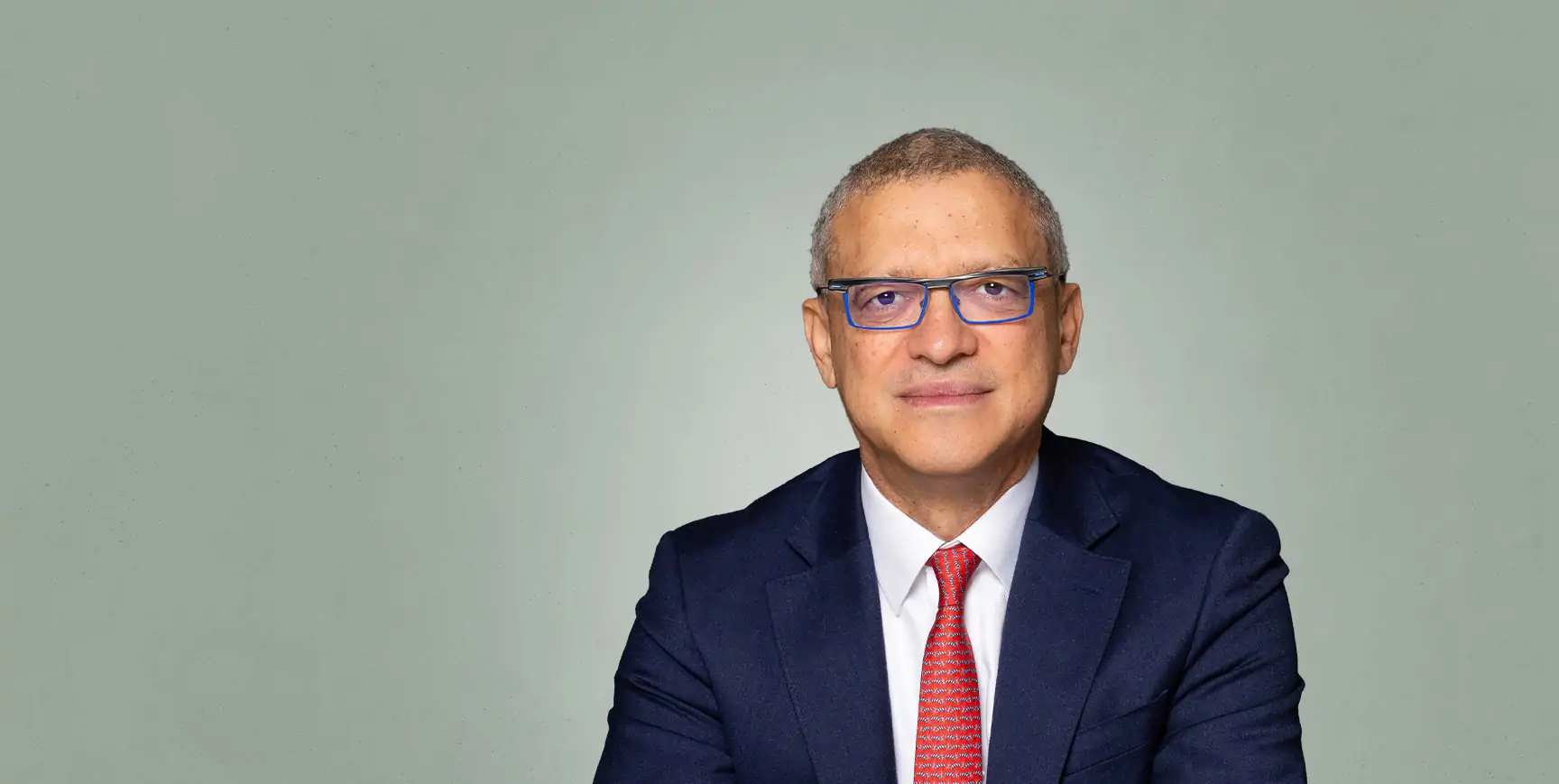
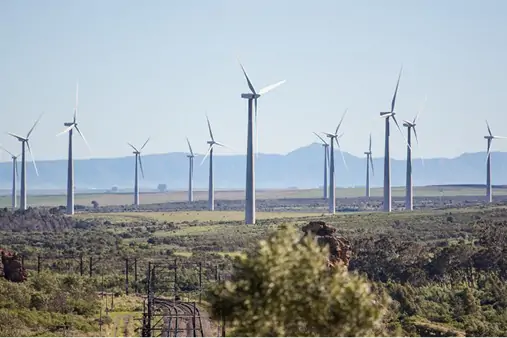
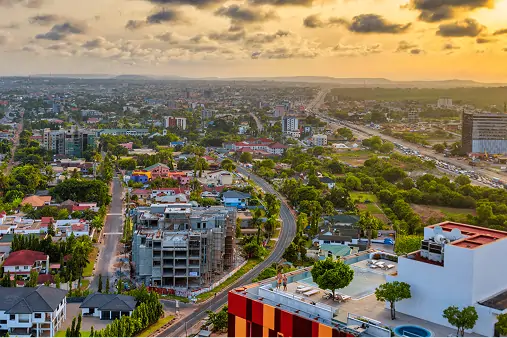
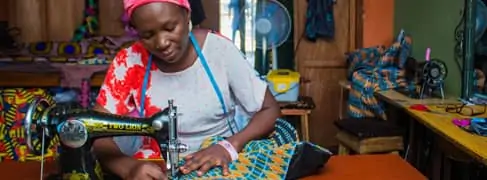
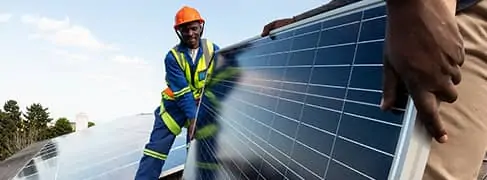


Now more than ever, we need to be bold about our impact and ensure we bring others along with us.”